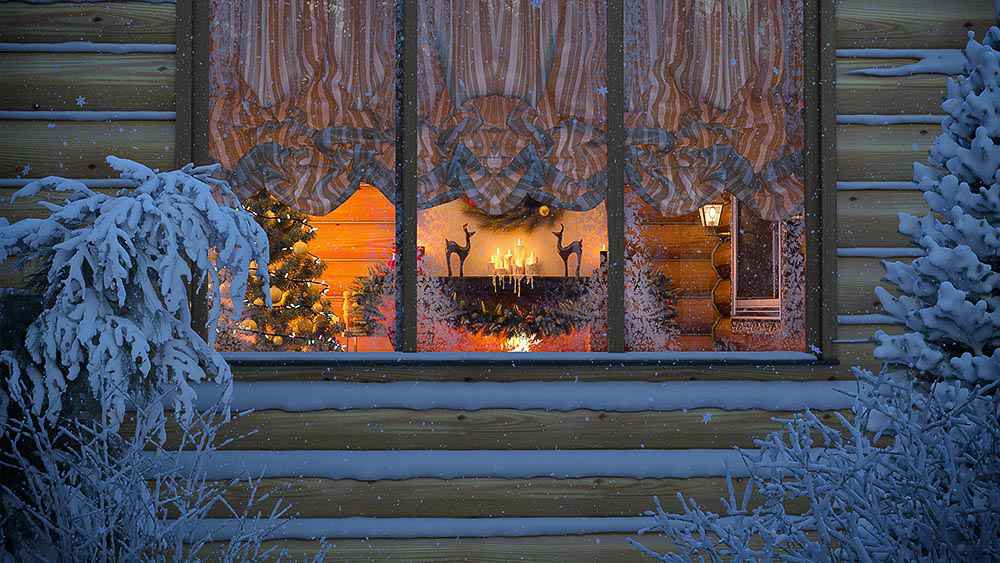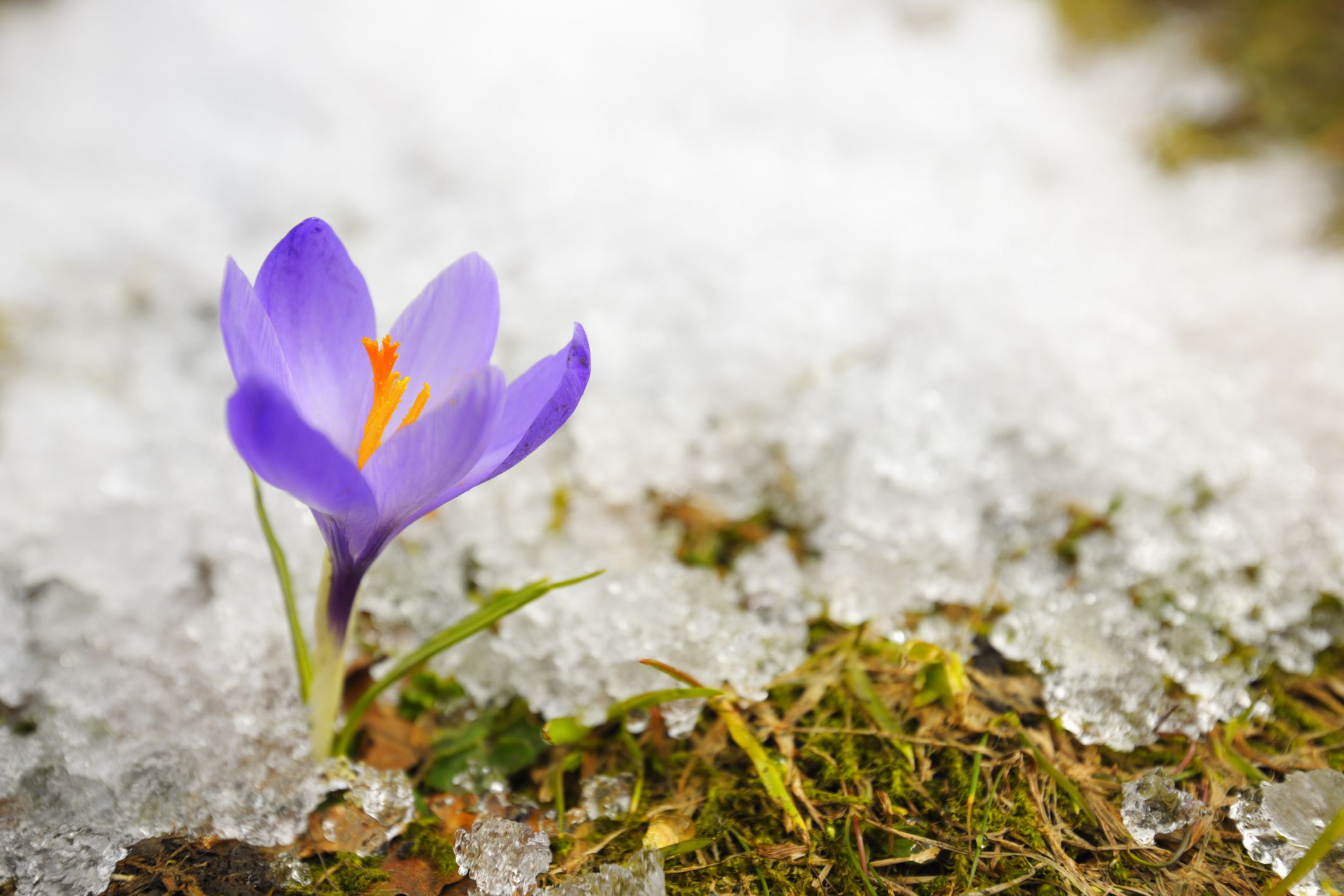The winter season brings with it a slew of challenges for your home and garden. Whether you live in a cold climate, or just struggle with dampness and condensation, the winter months can prove to be a real test for your indoor environment.
From keeping ice from forming on roofs and windows to preventing pipes from freezing and bursting; there are plenty of things you need to do over the colder months. Keeping your home healthy during the winter season requires a lot of planning and preparation.


As temperatures drop outside, so too does the moisture inside your structure. To avoid mould, fungus, and other types of microorganisms taking hold in your home again; you need to take preventative measures throughout the year that foster healthy living conditions. Here are six winter season tips for your home this season:
Check for Leaks Before Winter Seasons Begin
While you can’t prevent every leak in your home from occurring, you can significantly reduce the likelihood of any occurring. During the winter season months, many leaks in your structure occur as a result of extreme weather conditions. Extreme cold may cause water pipes to expand and contract, causing them to burst.
Similarly, extreme cold may cause pipes to expand and contract in such a way that they burst as a result of being under pressure. As the temperature falls below freezing, ice forms at the bottom of your pipes.
When combined with the weight of water in the pipes, this can cause leaks to occur. When checking for leaks, it is important to first ensure that your plumbing is still connected to the city water supply. If it is, the next step is to check for pipes that are leaking within your home.
Install a Humidity Sensor
When the temperature and humidity levels inside your home drop significantly, you are most likely to experience condensation. Condensation is when water vapour inside your home condenses on windows, pipes, and other surfaces. As it is visible, this can be an indication of a health problem, especially if mould starts to grow on it.
You can prevent this condensation from occurring by installing a humidity sensor. These sensors will send data to a wireless receiver that you can place nearby. When humidity levels drop below a certain threshold, the wireless receiver will send a notification to your phone. The receiver can be placed near where the condensation is occurring, such as near a window or around pipes.
You can program the wireless receiver to send you a notification whenever humidity levels drop below the threshold you set. This will keep you informed of the health of your indoor environment, as well as prevent condensation from occurring.


Clear Your Gutters
During the winter season, the temperature and humidity levels inside your home tend to decrease much faster than they do outside. This is why it is important to make sure your gutters are cleared. Guttering is the system that collects the excess water from your roof and funnels it down to your downspouts.
If your gutters are filled with grime and debris, they will not be able to do their job efficiently. This will hamper the cooling process of your HVAC system, as well as increase the risk of water damage to your home.
Additionally, excess debris in your gutters can create unsafe conditions for pedestrians, as well as vehicles. Clear your gutters before the first real snowfall of the season, and make sure to ice-proof them with a coating. This will ensure that water flows out of your gutters, avoiding any buildup that could damage your HVAC system and cause water damage to your home.
Drain Your Water Heater reservoir and hire an ice dam service
While you should make sure your water heater is turned off when it is not being used, it is also important to make sure that it is drained completely. During the winter months, you should make sure that your water heater is turned off, and that your water heater tank is drained completely. This is to prevent your water heater from being damaged by freezing.
However, you should also make sure that your water heater is drained completely. This is to prevent water from freezing in your water heater, which can cause your water heater to fail catastrophically. When draining your water heater, make sure that all of the water lines in your home are unplugged. This is to prevent water lines from freezing and bursting as a result of the pressure they are under. If your water heater is too large to drain completely, hire an ice dam service to clear the ice buildup from your roof.


Insulate Concrete Areas and Improvements
Concrete only retains approximately 30% of its heat once it has been placed in your structure while retaining the remainder inside your home. This is why it is so important to insulate concrete areas and improvements. When insulating concrete, make sure that you use a quality product such as R-5 or R-10 insulation. This will ensure that your concrete stays as warm as possible, ensuring that it does not lose any heat. You can insulate concrete areas in the following ways:
- Place batts or bubble wrap between the concrete and the insulation to keep it in place.
- Pour the insulation into a bucket and place it on the concrete.
- You can also use a portable electric or propane heater to warm up your concrete.
Protect Trees From Extreme Weather Conditions
Even the most sturdy of trees can be severely impacted by the adverse weather conditions that occur during the winter season. To protect your trees from damaging weather conditions, you need to make sure that your home is kept as warm as possible. This will ensure that your trees have the best chance of survival. When it comes to keeping your home warm, you have a few options. You can:
- Install multiple ceiling fans.
- Install a window air conditioner.
- Install an electric heating blanket.
- Install a radiant floor or wall heating system.
Final Thoughts
The winter season months are challenging for both homeowners and professionals alike. While you can take steps to protect your home and garden, such as checking for leaks before new seasons begin, keeping your water heater drained, and insulating concrete areas and improvements, you will need to be extra vigilant during the winter season.
From keeping ice from forming on roofs and windows to preventing pipes from freezing and bursting; there are plenty of things you need to do over the colder months. The good news is that, with a little planning, winterizing your home and garden will be easier than you may think!






